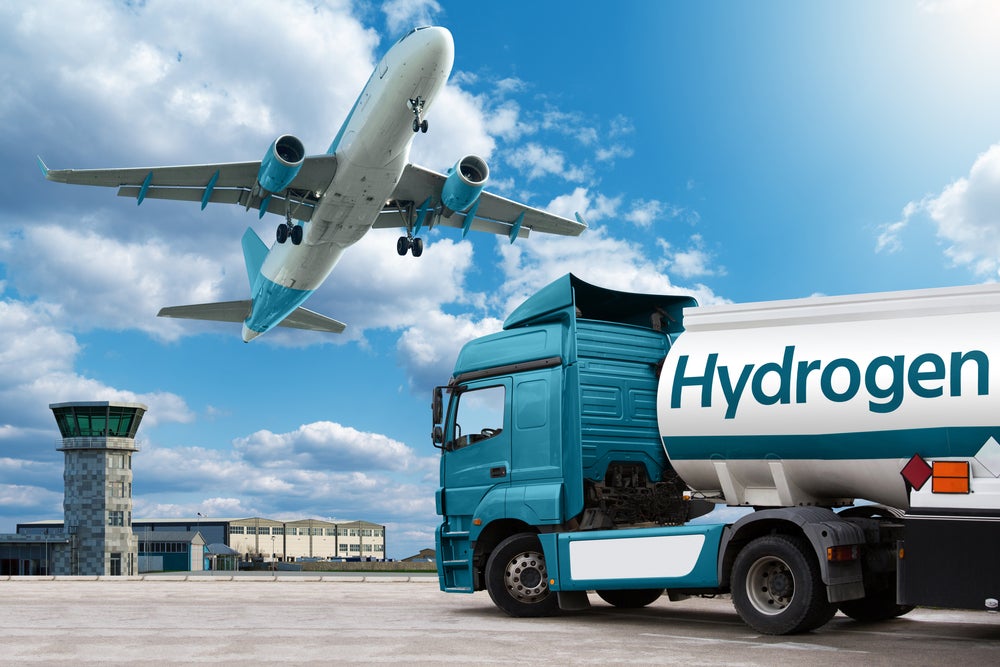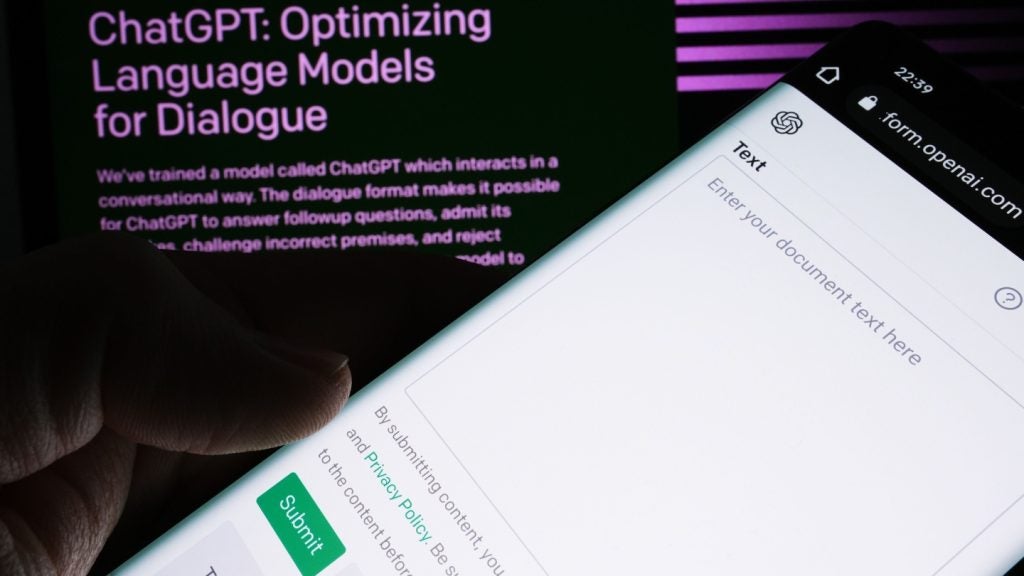
Aviation company ZeroAvia plans to offer commercial carbon-emission-free flights by 2025, the BBC reported.
The company believes it will be able to offer commercial flights using planes with electric engines that run on hydrogen.
The aviation firm has tested its hydrogen-powered electric engines with nine flights at its Cotswold Airport, near Cirencester.
As countries struggle to meet net zero targets, aerospace companies are attempting to rapidly develop hydrogen-powered engines.
If correctly implemented, some argue that the use of the fuel could save costs and drive businesses forward.
Drive System Design (DSD), specialists in engineering and development of electrified propulsion and actuation systems, said that onboard hydrogen fuel storage could drastically reduce operating costs.
How well do you really know your competitors?
Access the most comprehensive Company Profiles on the market, powered by GlobalData. Save hours of research. Gain competitive edge.

Thank you!
Your download email will arrive shortly
Not ready to buy yet? Download a free sample
We are confident about the unique quality of our Company Profiles. However, we want you to make the most beneficial decision for your business, so we offer a free sample that you can download by submitting the below form
By GlobalDataThe cost saving could meaning that businesses could increase flight capacity and volume, generating further revenue.
Lee Sykes, commercial director at DSD, expanded on the process required for hydrogen’s correct implimentation in the aviation industry.
Skyes told Verdict that a nuanced approach is required for the future of electrification in the aviation industry “that takes into account the unique requirements of each application,”
Skyes mentions that electronic aircraft’s use for regional air taxis is an interesting possibility that he believes could be realised in the near term, however also says there will unlikely be an economic pay off for short-hall flights.
However, Skyes said that enterprises have an opportunity to save on costs when it comes to using hydrogen, cryogenically stored as fuel, to cool the plane’s motors,
Cryogenics the branch of physics that is concerned with the production and effects of extremely low temperatures.
He says this concept of cooling the motos with hydrogen “is an excellent display of system level thinking to save mass, provide multi-functions, and so unlock the potential of more sustainable air mobility,”
The efficient use of the energy could improve the performance of the airplane’s motor, potentially making it more efficient and enabling downsizing of the whole propulsion system, he adds.
He argues that electrification is not the answer for heavier aircrafts given the battery power density required for such a large and long-range application.
“For this size of aircraft, electrification of the on-board systems will be beneficial, however, and a whole system approach to introducing a hydrogen economy becomes far more attractive,”
Sykes says that he considers it unlikely that aircraft manufacturers will implement this approach in the next couple of years but believes that “it could become more viable for longer trips and heavier payload application, which could have a significant impact on the sustainability of the aviation industry.”







